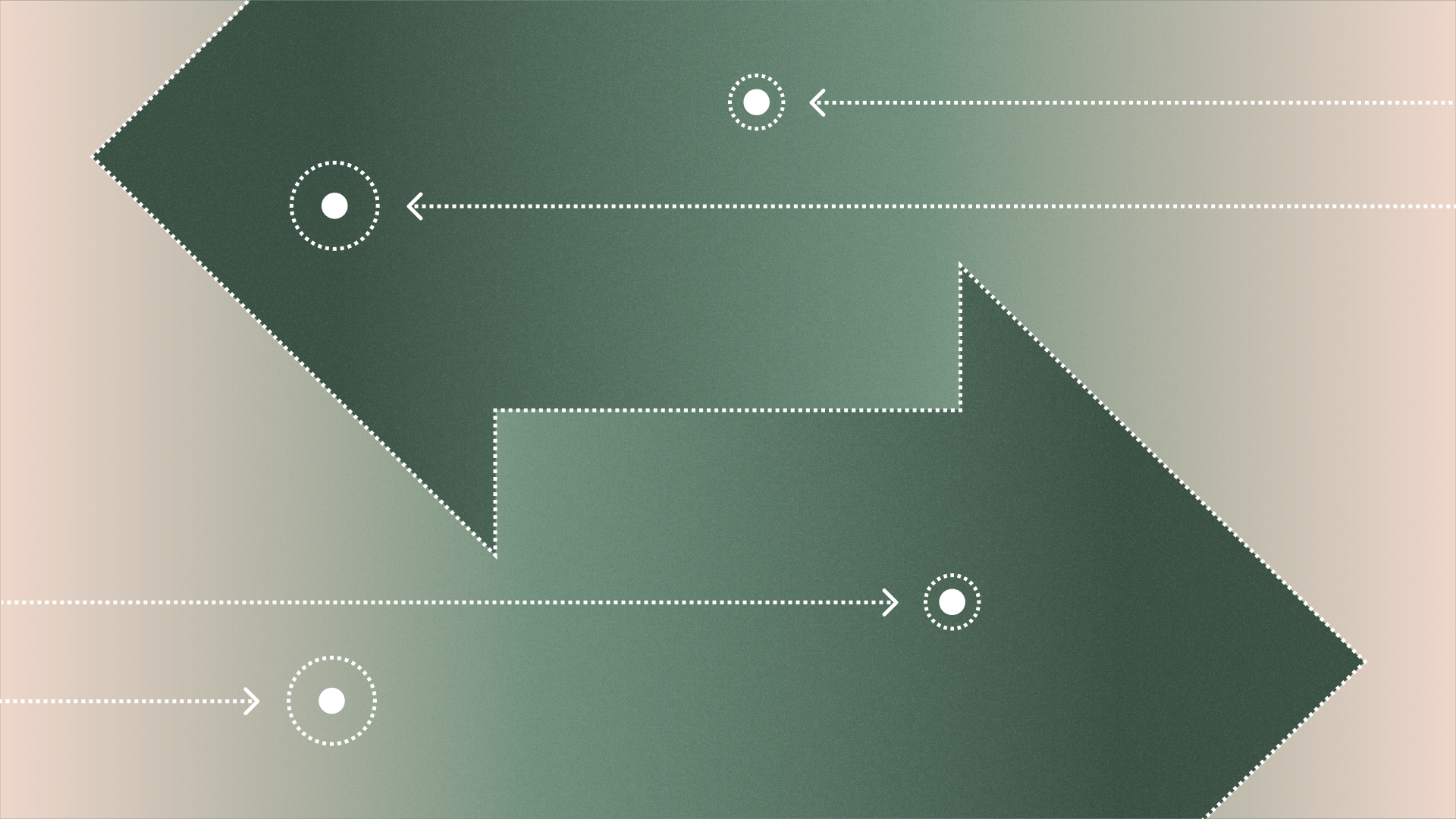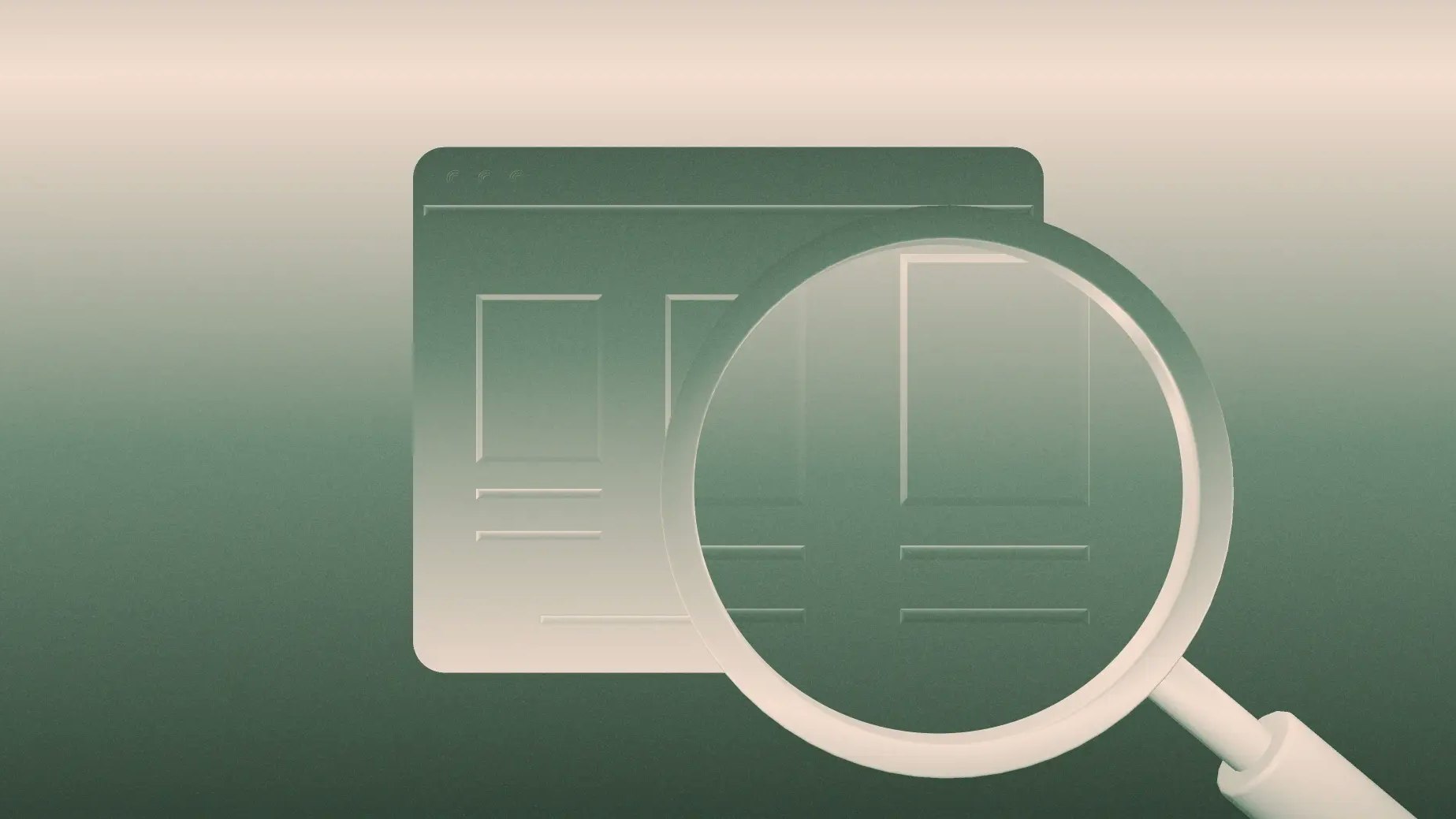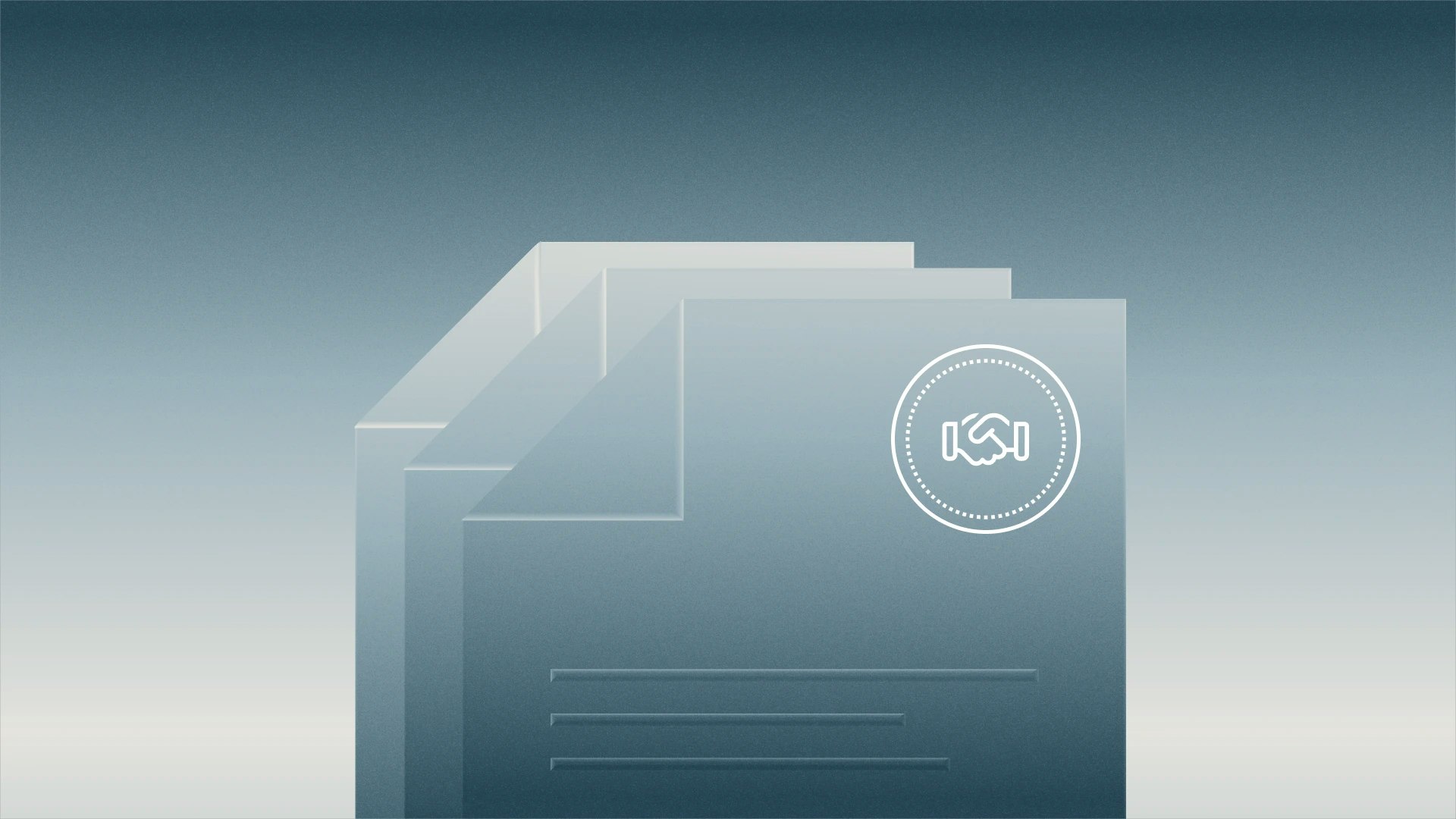Shopify vs. Etsy: Which platform is right for your business?

To early founders, weighing the differences between Shopify vs. Etsy often looks like a decision about tools, when it’s really about business models. Your choice will shape how you’ll connect with customers, what kind of control you’ll have over your brand, and how your ecommerce business can scale over time.
Either way, you’re in good company. Etsy reports having approximately 8 million active sellers (consolidated across the Etsy, Reverb, and Depop marketplaces), while Shopify shares a general figure of millions of merchants, rather than a precise count.
Etsy offers speed and simplicity with a ready-made marketplace where millions of shoppers are already searching for handmade, vintage, and unique goods. Shopify, on the other hand, gives you the keys to build your own storefront and brand from the ground up. Both paths can work; the right choice depends on where you are in your ecommerce journey and how far you want to take your business.
Quick comparison: Etsy vs. Shopify at a glance
Etsy | Shopify | |
|---|---|---|
Fees | Listing fee plus transaction and payment fees | Monthly subscription fee plus payment processing fees |
Setup time | Set up in minutes; plug-and-sell | Hours to days; requires more intensive setup and customization |
Design customization | Etsy shops are limited to marketplace templates. (A custom website builder, called Pattern, which integrates your shop, is available with a monthly subscription fee.) | Full control over branding and store design |
Customer data | Etsy owns the customer relationship. | You own customer data and can build loyalty directly. |
Marketing tools | Marketplace exposure and functionality for ads and promotions | Wide range of marketing integrations and tools |
Scalability | Best for testing demand or small shops | Built to scale with multi-channel selling and advanced features |
Etsy: plug-and-sell simplicity
Etsy is the online equivalent of setting up a table at a busy craft fair. The crowd is already there, browsing and ready to buy. For side hustlers and hobbyists testing demand, this is the easiest way to start selling online — especially if you’re new to ecommerce. Creating an account, uploading product photos, and writing descriptions can take less than an afternoon. Within hours, your shop is live and visible to Etsy’s huge volume of buyers.
That built-in audience is Etsy’s greatest strength. On day one, new sellers don’t need to worry about generating their own traffic or learning digital marketing — though taking these steps will help sustain your shop long-term. Trust is also a factor: Buyers are comfortable using Etsy’s checkout system and often come to the platform specifically seeking handmade, vintage, or niche products.
But this convenience comes with tradeoffs. Fees stack up quickly because sellers pay listing fees, transaction fees, and payment processing fees on each sale. Many small business owners researching Shopify fees vs. Etsy fees find that Shopify’s predictable monthly costs become more attractive as sales volume grows.
Standing out can also be tough: You may be competing directly with thousands of similar shops, and Etsy’s algorithm determines where your products appear. On top of that, brand control is limited. Customers often remember they bought something “on Etsy,” not from your specific shop.
For small business owners with limited time or those validating an idea, Etsy’s plug-and-sell model makes sense. The challenge is whether you can grow beyond it.
Shopify: your brand, your storefront
If Etsy is like a table at a craft fair, Shopify is like your own brick-and-mortar store with full control over how it looks, feels, and operates. From the moment you set up, you’re not just selling products; you’re building a brand and setting the foundation for scalable ecommerce. Shopify gives you the flexibility to design your site, customize checkout, integrate apps, and create a unique experience that customers associate specifically with your brand.
One of Shopify’s biggest advantages is ownership. You control customer data, which means you can build email lists and run loyalty programs to encourage repeat buyers.
As your ecommerce business grows, Shopify’s tools scale with you, with multi-channel selling, advanced analytics, integrations with marketing platforms, and even wholesale or subscription options. That means you can sell directly through Instagram, TikTok, or even marketplaces, like Amazon, all while keeping your brand and customer data intact.
For many founders, this also includes experimenting with dropshipping, where you can sell products without holding inventory, something Shopify supports with a wide range of integrations.
The flip side is that growth will take more effort. On Etsy’s marketplace, shoppers may find your shop organically, but on Shopify traffic won’t show up automatically. To sell on Shopify, you’ll need to invest in marketing, SEO, and ads to attract customers. This is a crux of the “should I be selling on Etsy vs. Shopify?” conversation: Etsy handles discovery, but Shopify puts you in charge of building demand.
There’s also a steeper upfront cost, with monthly subscription fees in addition to payment processing. And, though Shopify setup is straightforward, it requires more time and attention than Etsy.
When comparing selling on Shopify vs. Etsy, the key difference often boils down to control: Etsy provides access to a broader audience, and Shopify enables you to build a loyal customer base of your own.
Founder's lens: 4 questions to ask yourself
Deciding between Etsy and Shopify goes beyond simply comparing features. Instead, take time to consider what kind of business you want to build. These questions can help you clarify where you are today and where you want to be in the future:
- Do you want to own your customer data? If building a brand and nurturing long-term relationships is important, Shopify gives you that ownership. Etsy keeps customer information within its marketplace.
- Do you have the time or skills to manage marketing? Etsy’s marketplace includes built-in traffic, while Shopify’s platform requires you to create your own demand. Consider whether you’re ready to invest time or budget in marketing.
- Are you optimizing for discovery or brand-building? Etsy shoppers often stumble across products while browsing, but Shopify puts your brand at the center. Which fits your strategy better?
- Would your business benefit from multi-channel selling? Shopify’s ecosystem makes it easier to test new fulfillment strategies, like dropshipping or print-on-demand services, and expand into multiple sales channels, from Instagram shops to wholesale, without losing control of your systems. Etsy offers a quick way to start selling online, but with fewer options for multichannel integration. Many founders find that Shopify’s integrations and scalability provide more room to grow once they've proven early demand.
For some, deciding between selling on Shopify vs. Etsy may come down to niche use cases, such as accommodating a target customer base that includes avid Etsy shoppers or wanting to use a specific Shopify integration that serves your small but ambitious business.
Signs you’re outgrowing Etsy
Etsy is a fantastic starting point, but many founders eventually hit the platform’s limits. You may be ready to move on if you notice:
- Rising fees cutting into margins: Fees that felt negligible at first can add up quickly as sales volume grows.
- Difficulty standing out: Competing with comparable shops on the same marketplace can make it harder to differentiate your brand.
- Desire for more advanced tools: Features like subscriptions or wholesale channels simply aren’t part of the Etsy ecosystem. Having a standalone website and email marketing tools are only an option with an added subscription to Etsy’s integrated website builder, Pattern.
Ambition to scale beyond a side hustle: If your vision includes a standalone business with consistent branding and loyal customers, Etsy may no longer fit. Many founders at this stage start exploring Etsy vs. Shopify for small business growth and find that Shopify’s infrastructure can better support scaling operations.
TL;DR: Your ideal platform fit depends on your goals
There’s no single “right” answer in the Etsy vs. Shopify debate. Both platforms serve entrepreneurs well, but at different stages and with different ambitions. To recap:
- Etsy: This platform shines when speed, simplicity, and low-effort discovery matter most. It’s ideal for side hustlers, handmade hobbyists, vintage curators, or early-stage founders testing the waters.
- Shopify: This platform gives you full control and scalability. It’s built for entrepreneurs ready to invest in their brand, own their customer relationships, and grow beyond the first 100 sales.
The question of selling on Shopify vs. Etsy comes down to deciding which platform best aligns with your goals. The best choice will depend on how you see your business evolving.
If you want to dip a toe in and validate demand, Etsy offers a low-barrier start. If you’re ready to play the long game and build a business designed to scale, Shopify puts you in full control of your business journey.
Related reads

How AI is influencing early roles at startups

Should you launch on eBay? A viability checklist by product category

The 8 most common inventory mistakes (and how to fix them)
